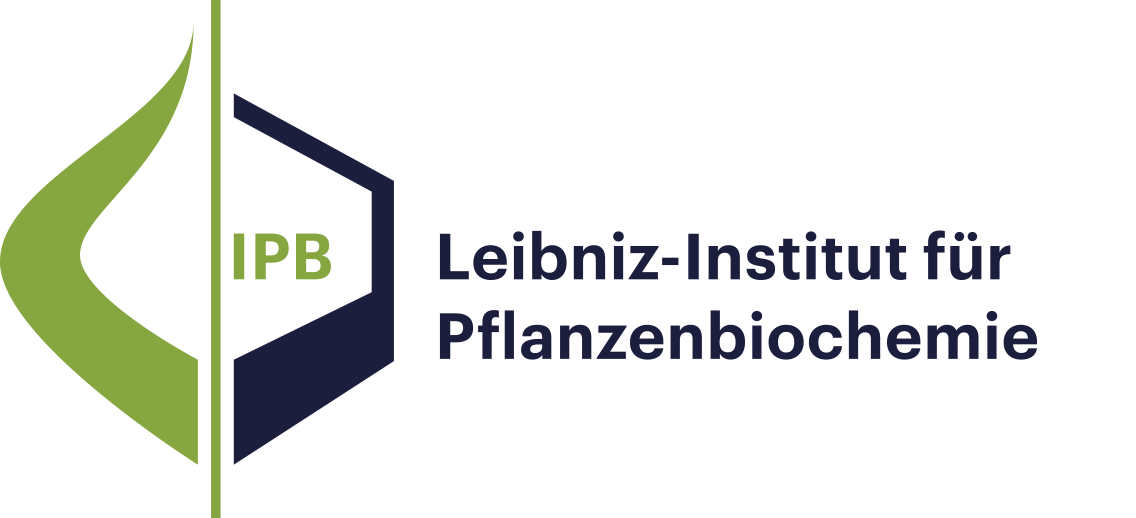Publikationen Program Center MetaCom
- Results as:
- Print view
- Endnote (RIS)
- BibTeX
- Table: CSV | HTML
Publications
Diese Seite wurde zuletzt am 03 Sep 2024 geändert.
Research Mission and Profile
Molecular Signal Processing
Bioorganic Chemistry
Biochemistry of Plant Interactions
Cell and Metabolic Biology
Independent Junior Research Groups
Program Center MetaCom
Publications
Good Scientific Practice
Research Funding
Networks and Collaborative Projects
Symposia and Colloquia
Alumni Research Groups
Publikationen
Publikationen Program Center MetaCom
Publications
A bottleneck in the development of new anti‐cancer drugs is the recognition of their mode of action (MoA). Metabolomics combined with machine learning allowed to predict MoAs of novel anti‐proliferative drug candidates, focusing on human prostate cancer cells (PC‐3). As proof of concept, 38 drugs are studied with known effects on 16 key processes of cancer metabolism, profiling low molecular weight intermediates of the central carbon and cellular energy metabolism (CCEM) by LC‐MS/MS. These metabolic patterns unveiled distinct MoAs, enabling accurate MoA predictions for novel agents by machine learning. The transferability of MoA predictions based on PC‐3 cell treatments is validated with two other cancer cell models, i.e., breast cancer and Ewing\'s sarcoma, and show that correct MoA predictions for alternative cancer cells are possible, but still at some expense of prediction quality. Furthermore, metabolic profiles of treated cells yield insights into intracellular processes, exemplified for drugs inducing different types of mitochondrial dysfunction. Specifically, it is predicted that pentacyclic triterpenes inhibit oxidative phosphorylation and affect phospholipid biosynthesis, as confirmed by respiration parameters, lipidomics, and molecular docking. Using biochemical insights from individual drug treatments, this approach offers new opportunities, including the optimization of combinatorial drug applications.
Diese Seite wurde zuletzt am 03 Sep 2024 geändert.

